We exist to ensure that every baby in Middle Tennessee has enough diapers to stay clean, dry, and healthy
Mission, Vision & Values
-
Our Mission
To connect families with diapers because every baby deserves a healthy start.
-
Our Vision
To eliminate diaper need across Middle Tennessee and envision a region where no parent has to choose between buying food or diapers.
-
Our Core Values
Dignity and Compassion
Equity in access
Collaboration with partners
